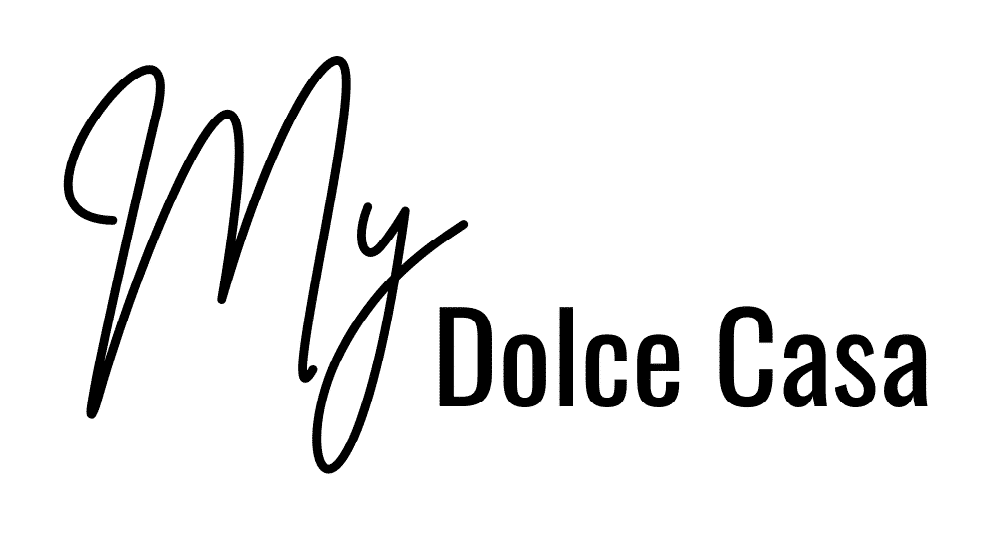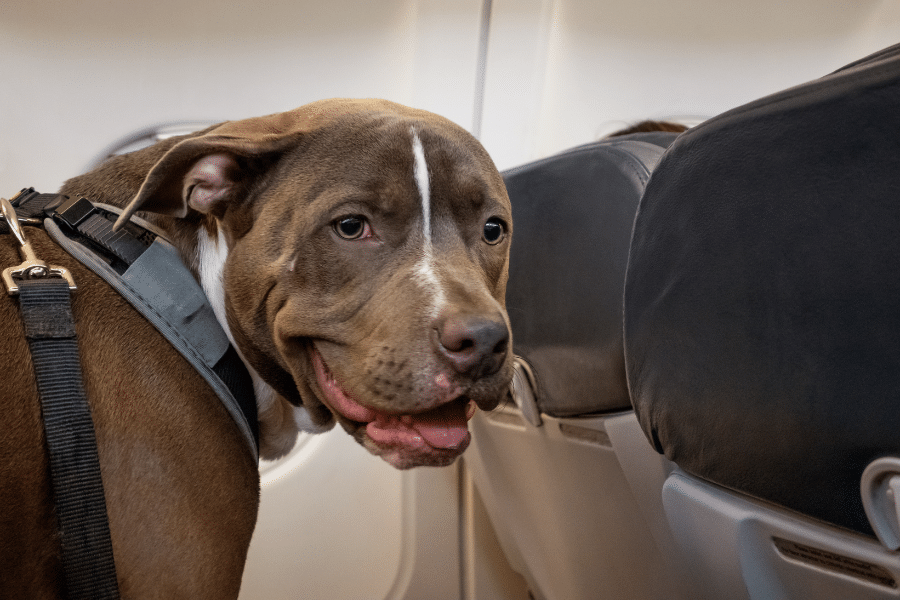Have you decided to move to France? Congratulations! C’est magnifique! It is important that you now start planning your relocation as soon as possible, because the French are world famous for their bureaucracy, and there are many time-consuming administrative tasks to complete.
To make your move abroad as seamless as possible, we’ve put together the ultimate moving to France checklist, which you can print out, stick on the fridge and check off each step as you complete them:
Here are the 10 things you must do before moving to France:
1. Apply for your visa
If you are moving to France from the United States, or another non-EU country, you will need a visa to do so. It is important to get your visa application submitted ahead of time as it can take more than three months for it to be issued.
There are several different types of visa that you can apply for. Read the details about each carefully so that you apply for the correct one and ensure that you meet the criteria and submit all the required paperwork.
Read the full guide to applying for a France visa, residency and citizenship.
If you are applying to move to France from the United States, you will need to complete a brief in-person interview with a consular officer.
Applicants from the UK will have to attend an in-person interview in one of three cities: London, Manchester or Edinburgh.
Within three months of your arrival in France you will need to validate your visa and begin your application for a Titre de Sejour (Carte de Sejour or resident card).
2. Prepare your paperwork
You have probably read about the French national passion for paperwork, so get ready. It is an excellent idea to buy a box file and to carefully fill it with all the documents that you are going to need.
You will be required to submit the original copy of all your important documents when renting accommodation, applying for your Titre de Sejour, applying for a French driving license and other documents.
In some instances, you will be required to obtain an authorized translation of some of the documents and these can only be complied by registered translators on the CEDESA list drawn up by the Public Prosecutor of each High Court.
The official documents that you should have in your file include:
- Passport
- Visa
- Vaccination documents
- Full birth certificate with the details of both parents
- Adoption certification (if applicable)
- Marriage certificate (if applicable)
- Divorce certificate (if applicable)
- Relevant qualifications if you are setting up a business or being employed by a French company
- Proof of purchase of home in France or rental agreement
- Bank statements from your home country for last 12 months
- Driving license
- Car registration documents (if you are bringing your car to France)
- Car insurance documents and certificate of no-claims
3. Get health insurance
Once you have been living in France for 12 weeks, you will be able to apply for your Carte Vitale (French health card). If you are employed by a French company you will get health cover right away.
It is well worth considering taking out a good health insurance policy for the period before you get your Carte Vitale. Whether you are moving for a job or for retirement, you never know when something unexpected can happen, and so it is essential to bridge the gap.
If you are a UK citizen, a Global Health Insurance Card (GHIC) will provide you with emergency healthcare only, so comprehensive health insurance is recommended.
Once you receive your Carte Vitale you will be covered with excellent healthcare, including out-patient care. The cost is covered by both the state and the individual. On average, the State pays 70% of the cost.
Prescribed medicines are also eligible for a government reimbursement of 15-100%. Chronic conditions such as diabetes qualify for a 100% reimbursement and women are totally covered during pregnancy too.
It is also recommended to obtain some ‘top up insurance’ to cover care for eyes, ears and teeth. Once you can access the French healthcare system, you will also be eligible to apply for a European Health Insurance Card for use in all countries in the European Union.
4. Book a removal company
It is important to get your removal company scheduled ahead of time. Start by getting quotes from several different moving abroad companies who offer the type of service that you need and who have a good reputation.
There are a variety of different options available depending on how much of the packing you are able to do yourself and also how your possessions will be moved, by air or sea.
There will be plenty of paperwork to complete too. There is a requirement for a full inventory of goods being moved to France. There will be no custom duties payable on personal possessions if you have owned them in your country of origin for more than six months.
There is also a requirement for a customs declaration to be completed in duplicate and for it to be attached to the inventory with full details of the value of the personal possessions being transported.
5. Arrange insurance for your belongings
It is really important to check with your chosen removal company that you have comprehensive insurance for your possessions. Be sure to discuss this before you book. Some removal companies will only ensure valuable items that have been packed by their employees and will also require a list of items over a certain value.
6. Can my pet relocate to France too?
You can definitely begin your new life in France with your pet – as long as it is not on the prohibited animal list. You will need to begin preparations for moving your pet abroad in good time as it will need to have a ‘pet passport’ showing that all vaccinations are up-to date.
Your pet must also have an ISO compliant microchip and have a one year rabies vaccination and certificate and these must have been done at least 21 days prior to your pet’s arrival in France. If your pet has had a three-year rabies vaccine, this must have been given less than 12 months ago.
Expats from the USA and Canada should also ensure that their pets have a non-commercial EU health certificate issued by an accredited USDA and CFIA veterinarian, respectively, and endorsed by these agencies as well. It is also a requirement for animals coming from other non-EU countries that they get a non-commercial EU health certificate within ten days of arriving in France.
If you want your dog or cat to fly to France from outside the EU, it is important to note that the animal can only arrive at the following international airports as they have Border Inspection Posts:
- Paris (CGD)
- Lyon (LYS)
- Marseille (MRS)
- Nice (NCE)
- Toulouse (TLS)
It is important to note that there are certain breeds of dogs that are not allowed into France including certain Staffordshire Terriers and Mastiffs.
7. Get a French phone number
High on everyone’s list these days is to be in contact with family and friends around the globe. Get yourself back in contact with everyone by getting a French phone SIM card and number.
This is really easy to do as you can get a contract with Orange, Free or SFR either online or in-store and they all offer packages that include telephone, television and internet too.
8. Open a French bank account
It is relatively easy to open a bank account in France and several of the banks including Crédit Agricole have a dedicated section for English speakers. Most French banks offer an international banking service.
In the first instance, the bank account offered is a non-resident bank account, but once an expat has gained their residency, they will be offered a broader range of bank accounts. The larger banks have numerous branches across France.
9. Set up the payment of utility bills
It is a good idea at this stage to set up the direct payment of utility bills from your bank account and many companies such as EDF, the electricity company, Orange and Free, the telecom companies, as they have English-speaking staff to help set these up.
10. Say ‘bonjour’ at your local Mairie
Although there is no formal obligation to do so, if you live in a rural community, popping into your local Mairie (Town Hall) is a good thing to do, especially if you have questions regarding trash collections and recycling. All the information about local events can be found there and many send out regular emails of events.
Hopefully once you have read through our checklist of important things to do, your move to France will not feel so daunting. In no time at all, you will be relaxing in a French coffee shop watching the world go by and congratulating yourself on making such a good decision.




